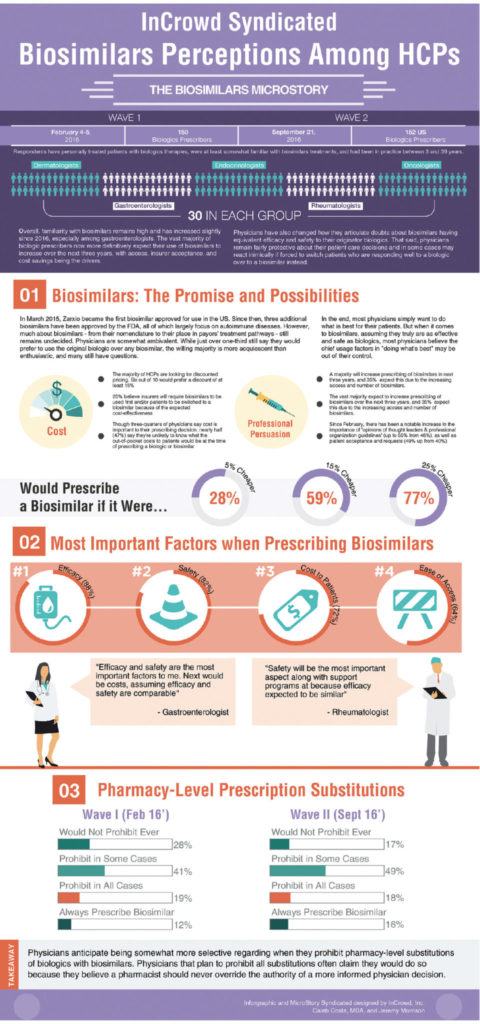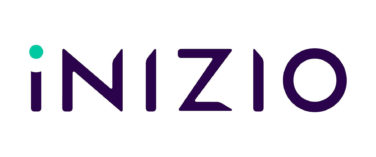Doctor Docs: Doctors May Not Be as Supportive of Biosimilars as Numbers Suggest
New data proves that 84% of physicians in fields in which biosimilars are very prevalent plan on prescribing more biosimilars in the next three years. The popularity of biosimilars with physicians seems to be increasing as the FDA approves more of these drugs, with this number increasing from 70% in February to 86% in September 2016.
The study, performed by InCrowd, dug deeper into physician’s opinions on biosimilar drugs and found that only 17% of dermatology, endocrinology, gastroenterology, oncology, and rheumatology physicians surveyed in September would not prohibit biosimilars substitutions on their prescriptions for the originator biologic. This number is down from 28% in February, and physicians are saying that they’d be hesitant to interrupt a patient’s stable and effective biological drug treatment to switch to cheaper, similar versions. An oncologist commented to InCrowd, “I would wait and let other doctors experiment on their patients.” Physicians are still planning on prescribing biosimilars first, but are cautious when it comes to substituting these drugs for biological originals.
 TeleMed Texts: Leveraging Data to Be the Pharma Marketer’s Focus in 2017
TeleMed Texts: Leveraging Data to Be the Pharma Marketer’s Focus in 2017
The healthcare industry has been moving toward more value-based care, and doctors are benefitting more from long-term patient welfare than the number of evaluations and procedures they perform. As a result, the entire pharma industry will depend on effectively using data regarding patient outcomes more than ever. While more sophisticated technology has made it possible to collect this data easily and accurately, we have yet to see just how pharma marketers will leverage and deliver this new data to its full potential.
David Weingard, the Founder and CEO of Fit4D, a patient-centered digital technology diabetes coaching platform, believes that leveraging patient analytics will be a huge trend in 2017. “As an example in the diabetes space, we see an exciting opportunity for companies, like Google, IBM Watson, and censor companies, to capture blood glucose and adherence information from patients and proactively use this data to alert a patient when they might hit a low based on their historical trends,” Weingard explains. With the popularity of apps and other online information services exploding in the healthcare industry, pharma marketers will have plenty of opportunity to leverage data for a variety of uses such as delivering pertinent information to physicians and patients, keeping patients on track with their healthcare, and creating more effective target campaigns.






